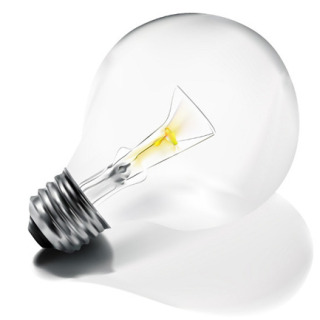How To Turn An Idea Into An Invention: Step 1
 Medical invention is dependant upon being attuned to potential, and taking action.
Medical invention is dependant upon being attuned to potential, and taking action.
Many important medical devices were invented by physicians. Charles Dotter was a radiologist who, in 1964, accidentally recanalized an occluded right iliac artery by passing a percutaneously introduced catheter retrogradely through the occlusion to perform an abdominal aortogram in a patient with renal artery stenosis. He immediately saw the benefit of his discovery and went on to invent angioplasty, which revolutionized cardiology and created the specialty of interventional cardiology.
For reasons unknown, Dr. Dotter failed to obtain any patents on his invention. The cardiologist Gruentzig went on to perform the technique in coronary arteries and is the one that seems to get the credit for angioplasty while Dotter is relatively unknown. Sadly, Dotter never bothered patenting his big invention and thus never made a dime on it.
Most of the physicians I know have had at least one good patentable idea in their career. Sometimes it is worth getting a patent; often it is not. Regardless of the potential financial benefit, an issued patent looks good on your CV and a patent plaque might look good on your office wall. Finally, an issued patent is recognition that you were (probably) the first to find a particular creative solution to a problem.
No better example of this last benefit can be given than the incandescent light bulb. Most Americans believe that Thomas Edison invented it. In fact, the fundamental idea, of a glowing filament in a vacuum, was published by a pharmacist named Swan and the idea of replacing the vacuum with nitrogen was due to an electrician named Sawyer. Edison, however, manufactured the first bulbs and “loaned money” to an alcoholic patent examiner who gave him some critical patents. Ergo, Edison gets the credit that he never deserved.
Be alert the next time you have a good idea in your practice. Or, when you recognize the need for a new device or procedure. Never stop thinking about how a medical device, you use, could be improved. Above all, don’t censor yourself by assuming that someone else has already thought of your idea. Write your ideas down in a special notebook, which you keep near your desk. Otherwise the ideas will slip your mind. Pick an upcoming slow or off day in the next month and make a note in your calendar to revisit your latest idea.
 Email This Article tagged:
Email This Article tagged:  Interventional Cardiology,
Interventional Cardiology,  Medical Innovation,
Medical Innovation,  Medical Invention,
Medical Invention,  Medical Patents |
Medical Patents |  Dec 15, 2:30 PM
Dec 15, 2:30 PM 





Reader Comments (2)
Hello, I stumbled upon this site ad wanted to comment. I appreciate what's happening here and very happy to see Dr. Kroll and the 'creative element' on this site. It's a resource that has long been lacking on the 'society' fronts. Reading this stuff with interest. Turner.
looking forward to reading future steps!